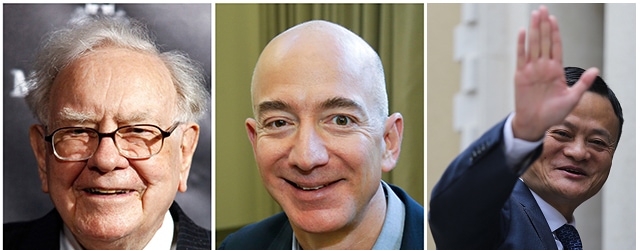Berkshire Hathaway, Amazon and JPMorgan Chase have picked a doctor to lead their health care venture.

The appointment of Atul Gawande as CEO of the as-yet-unnamed joint venture in health care that brings together Berkshire Hathaway, Amazon and JPMorgan Chase has garnered almost as much buzz as the original statement of intent from the new partnership. The three corporate giants say their brainchild will use Big Data and other high-tech tools to provide employees with health-care solutions that are “free from profit-making incentives and constraints.”
A physician, researcher and best-selling author, Gawande is a practitioner, not a business leader; yet he offers much-heralded insights into how to simplify health care and reduce costs.
In a letter to shareholders, JPMorgan Chase CEO Jamie Dimon spoke of elevating the role of wellness and cutting out waste. This dovetails with Gawande’s research that focuses on wasted health-care costs—and with his best-selling book, Being Mortal, which suggests the medical profession should focus more on well-being than on prolonging life at all cost.
“Atul is a novice to employee-benefits design strategy, which will be the central focus of the venture,” says independent health-care industry analyst Paul Keckley. “That said, he has stated he has unlimited resources, which suggests he’ll be able to assemble a seasoned team.”
When the joint venture was announced in January, early trading in shares in UnitedHealth, Anthem and Cigna all fell over 5% while shares of those in the health-care supply chain, such as Express Scripts, fell as much as 11%, although it quickly recovered.
While the plan is to first focus on the 1 million US employees of Amazon, JPMorgan Chase and Berkshire Hathaway, the possibility that their combined supply chain, technology and finance expertise could be extended to other participants or become a model for other US corporations is intriguing.
“It’s only conjecture, but Amazon seems an appropriate disruptor for an industry that’s change-averse, large and growing,” says Keckley. “Health care is accustomed to radical incrementalism. Amazon will quicken the pace.”



